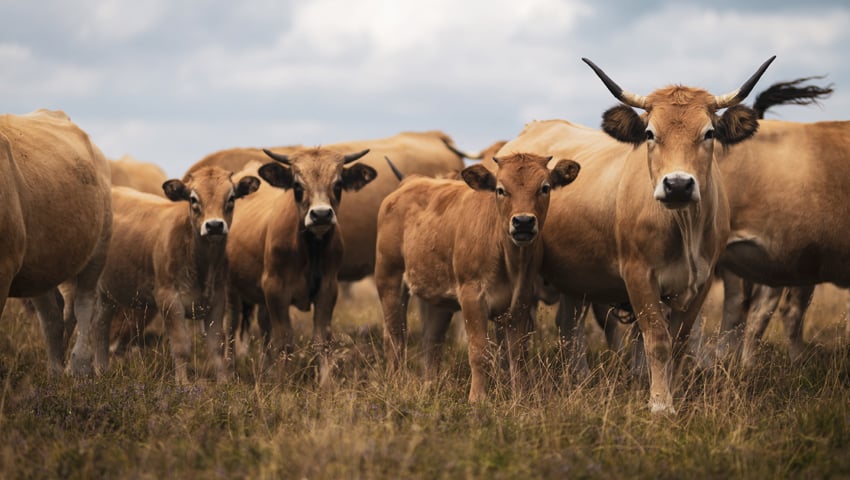Now in its ninth year, Groundswell has once again been a sell-out event, with close to 8,000 visitors passing through the gates of the two-day regenerative agriculture festival.
8.9ha polling on the ground indicated that the majority of Groundswell visitors were still farmers (61 per cent), but tech suppliers (21 per cent), industry organisations (10%) and NGO (8%) were also strongly represented.
A group of attending farmers described event speakers as the ‘who’s who’ in the global ‘regen ag’ community, including John Kempf, Joel Williams, Odette Ménard, Josef Holzer and Andy Cato.
Hosted by the Cherry family at Lannock Manor Farm in Hertfordshire on 26 and 27 June, a total of 300 speakers took to the 10 main stages, and event goers joined farm-wide practical demonstrations and walks covering every aspect of agroecological and regenerative farming practices: from mob grazing to hedgerow and dung beetle safaris, truffle hunting and soil water infiltration demonstrations.
Widely considered as the immersive ‘regen ag’ event, content centred on practices associated with regenerative agriculture – minimising soil disturbance, keeping the soil surface covered, maintaining living roots, maximising crop diversity, re-introducing livestock to the farm.
8.9ha research, based on over a hundred face to face interviews, showed that 75 per cent of visitors wanted to see regenerative farming become the new ‘conventional’, acknowledging perhaps that for the regen movement to succeed in shifting the dial on food, farming and nature, widespread adoption would be essential.
However there was disagreement about how rapidly regen ag would scale. Some visitors thought regen would grow rapidly and become mainstream within 5 years (14 per cent), but the majority believed this would take much longer. 30 per cent thought mainstreaming would take a decade, 31 per cent thought 20 years was more realistic, while 25 per cent thought it would take longer again.
When asked who should fund the transition, 59 per cent of visitors said that the costs should be shared between farm businesses, the food industry, customers and government. Farmers mainly took this view. A small number (5 per cent) believed that farmers should bear the cost, while 19 per cent said the transition should be fully funded by government. Suppliers, industry organisations and NGOs were more strongly of the view that the government should pay. Very few thought that the food industry to fund the transition (3 per cent), while no-one thought the costs should be borne solely by customers.
Event Director, Alex Cherry said of the event, “As a family, we’ve been on an extraordinary journey. My uncle, John, describes it as constantly surfing the groundswell of ideas that have risen up from a farmer-led revolution.
“The sense of community is what people seem to love about this event. It’s really heartening for us to be playing a part in the sharing of ideas and practices to help farmers change and develop what they are doing. Some are at the start of their regen journey, while others are here to learn how to tweak and improve what’s already working well.
“The net gain from this gathering is people doing good things to improve soils, their farm’s natural environment, always with profitability at the heart of farm practice.”
Groundswell 2025 will be one week later than usual, on Wednesday 2 and Thursday 3 July.
